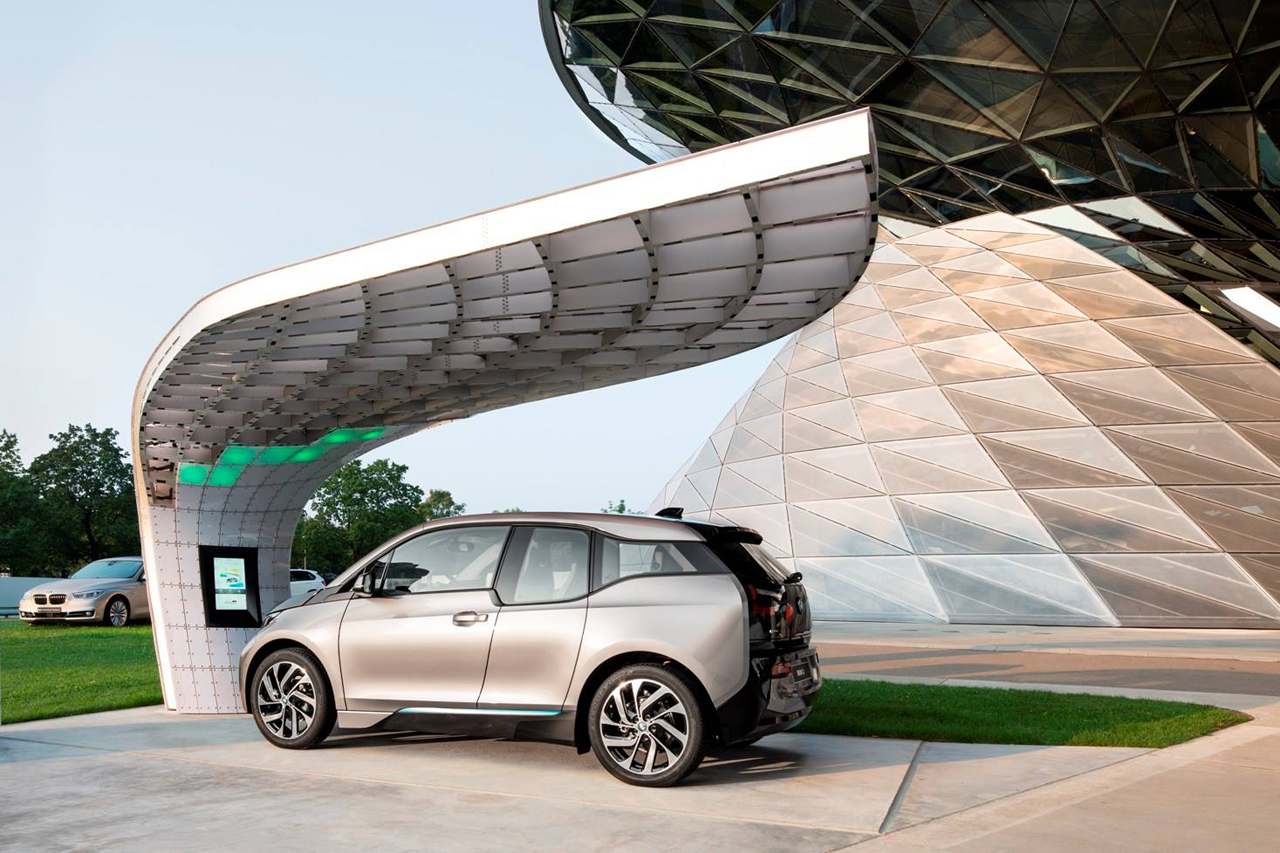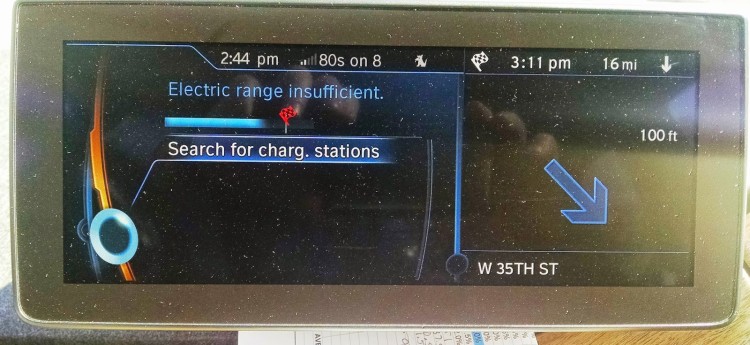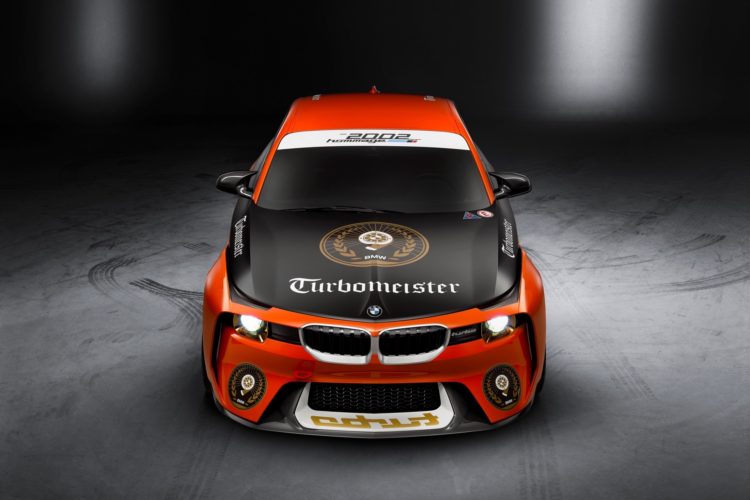The switch from internal combustion engines to electric ones won’t be an easy one and it brings a few issues we weren’t initially expecting. Since electric cars require an entirely different infrastructure, they will bring with them some different problems that need to be taken care of. One that seems to be of particular interest for most ‘electronauts’ is related to the downsides of fast-charging on the regular.
Recent reports showed that cars using fast charging more often could end up having issues retaining similar amounts of energy stored in their batteries compared to cars that have been charged on lower settings. It was one of the topic I had the chance to touch on during a recent interview with a couple of experts from BMW’s Battery Cell Competence Center in Munich. When asked about how much of an impact fast charging has on the batteries used on the i3 or future BEV cars the answer was reassuring for most BMW BEV owners.
“That’s a question that we get a lot. From the engineering point of view, that’s true, fast charging adds more burden to a battery, that’s true. However, BMW compensates for that through its battery management system,” we were told. Furthermore, the engineers mentioned that in the case of BMW cars, the difference would be barely noticeable and only on the very long term. Apparently, the batteries in the i3 are doing so well that BMW recently decided to prolong their warranty.
“Of course there’s an impact. I always compare this situation with running an internal combustion engine at full throttle all the time [in which case] you’d have more wear on your engine than if your grandmother drives the car, right? However, it’s not as severe as it is reported,” they added. Thus, if you were wondering whether you should worry about using fast chargers all the time, it looks like BMW’s battery management system will take care of you so that you won’t notice any drop in range over time.






































































